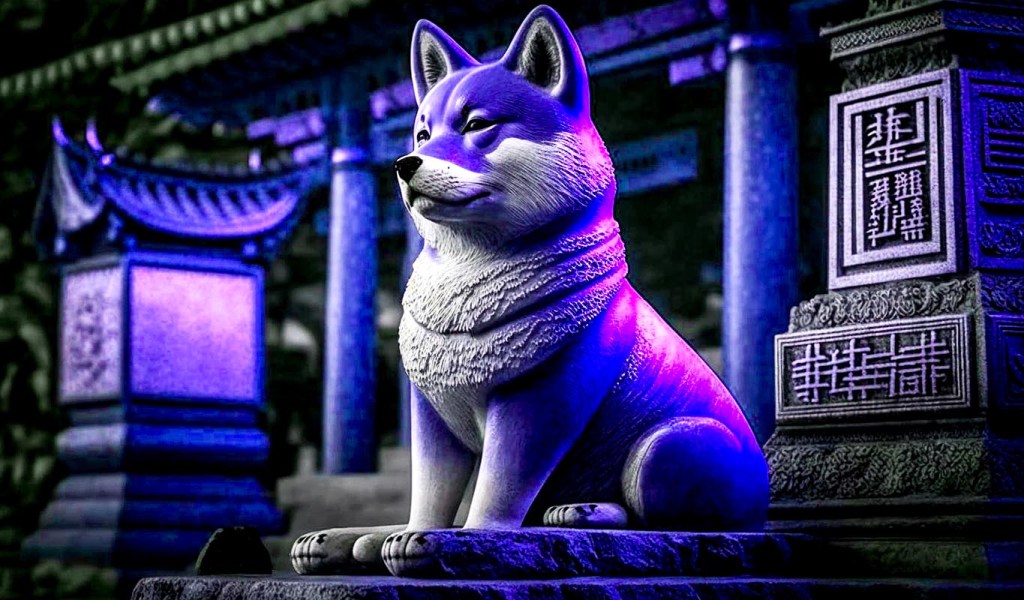
The court said NFTs are “unique digital assets” that “belong to the category of virtual property” in a case where it had to confirm the legal attributes of NFTs.
A Chinese court in the city of Hangzhou has said nonfungible token (NFT) collections are online virtual property that should be protected under Chinese law.
A Nov. 29 article posted by the Hangzhou Internet Court — a specialist internet court — shared by crypto blogger Wu Blockchain on Dec. 5 reveals the favorable language for NFTs after the country began to crack down on cryptocurrencies in 2021, leaving NFTs in a legal grey area.
Translated, the article says NFTs “have the object characteristics of property rights such as value, scarcity, controllability, and tradability” and “belong to network virtual property” that “should be protected by the laws of our country.”
The court decided it necessary to “confirm the legal attributes of the NFT digital collection” for a case, and admitted “Chinese laws currently do not clearly stipulate” the “legal attributes of NFT digital collections.”
The decree by the court was brought forward in a case where the user of a technology platform, both unnamed, sued the company for refusing to complete a sale and canceling their purchase of an NFT from a “flash sale” because the user provided a name and phone number that allegedly didn’t match their information.
“NFTs condense the creator's original expression of art and have the value of related intellectual property rights,” the court said. It added NFTs are “unique digital assets formed on the blockchain based on the trust and consensus mechanism between blockchain nodes.”
Due to this reason, the court said “NFT digital collections belong to the category of virtual property” and the transaction in the legal case is seen as the “selling of digital goods through [the] internet” which would be treated as an e-commerce business and “regulated by the ‘E-commerce Law’”.
It comes after the Shanghai High People’s Court issued a document in May that stated Bitcoin (BTC) is similarly subject to property rights laws and regulations despite the country’s ban on crypto.
Related: Could Hong Kong really become China’s proxy in crypto?
With its crypto ban, China has worked to separate NFTs from crypto with a government-backed blockchain project to support the deployment of non-crypto NFTs paid for with fiat money.
The government is still vigilant to ensure its population resists “NFT speculation” as described in an April joint statement between the China Banking Association, the China Internet Finance Association and the Securities Association of China that warned the public about the “hidden risks” of investing in NFTs.
China isn’t the only jurisdiction to place NFTs under property laws. A Singaporean High Court judge drew on existing property laws in an October case likening NFTs to physical property such as luxury watches or fine wine saying “NFTs have emerged as a highly sought-after collectors’ item.”



